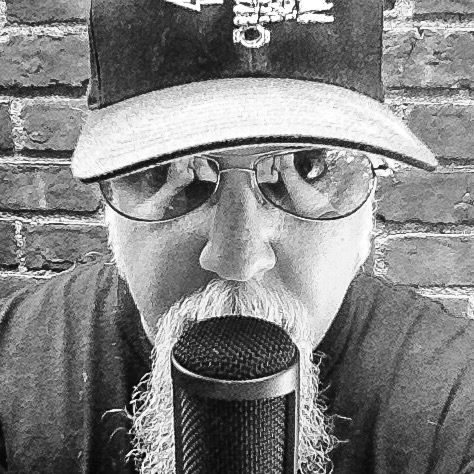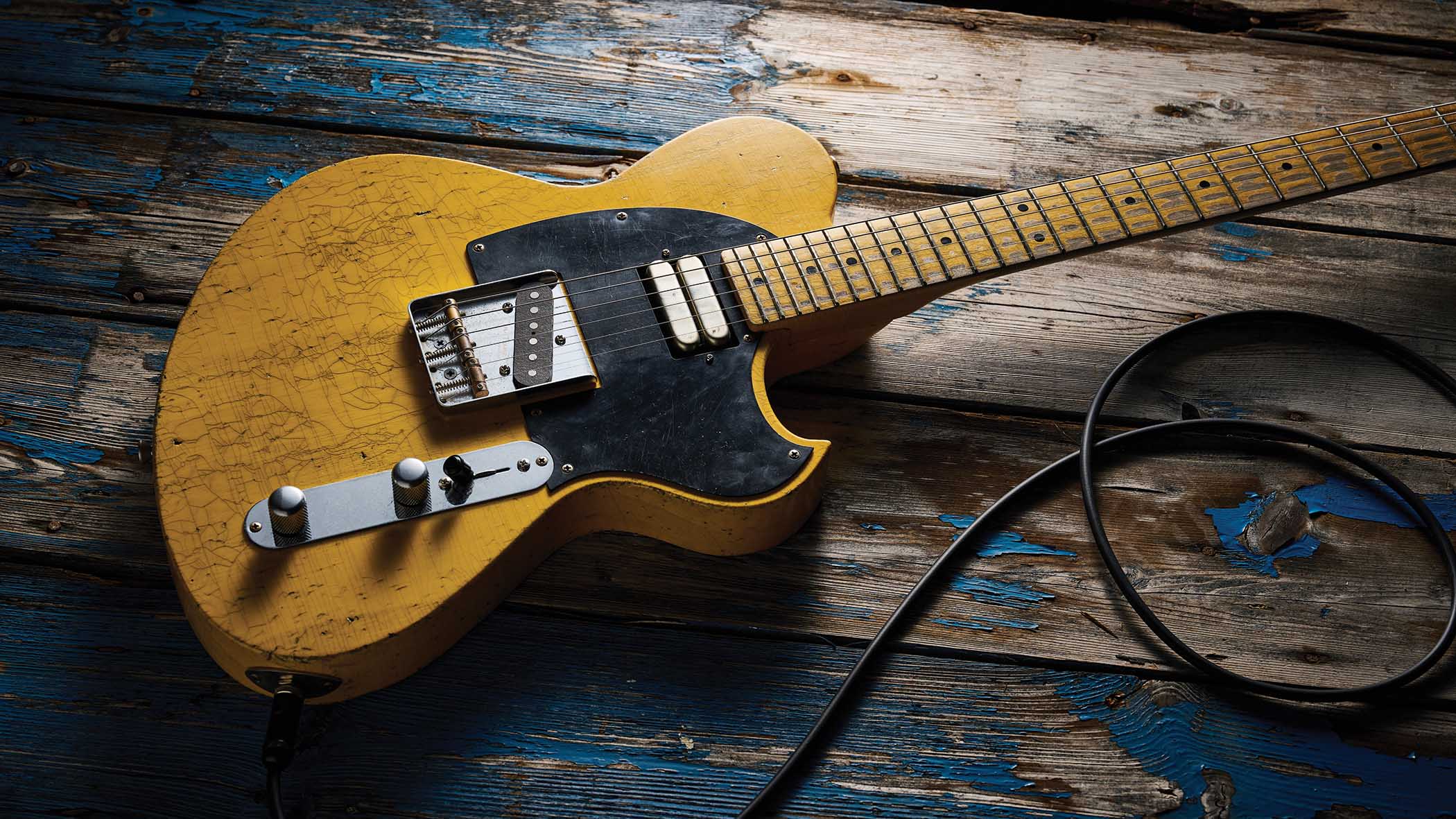The secrets behind Eddie Van Halen's guitar tone on Everybody Wants Some!!
Everything was on 10 for EVH on this feelgood hit from Women and Children First
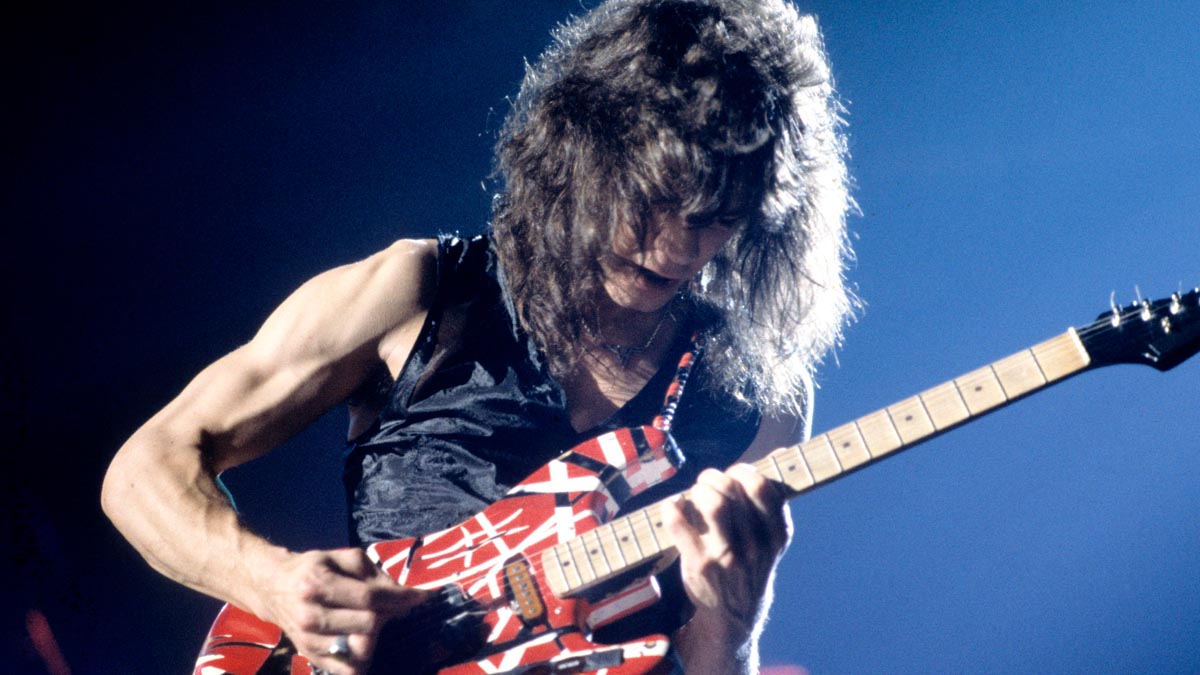
All the latest guitar news, interviews, lessons, reviews, deals and more, direct to your inbox!
You are now subscribed
Your newsletter sign-up was successful
When Guitar World published its first issue in 1980, it was one hell of a vintage year for great guitar music.
Notable albums released that year included AC/DC’s Back in Black, Jeff Beck’s There & Back, Black Sabbath’s Heaven and Hell, the Cars’ Panorama, Judas Priest’s British Steel, Motörhead’s Ace of Spades, Ozzy Osbourne’s Blizzard of Ozz (which introduced Randy Rhoads to an international audience), the Police’s Zenyatta Mondatta, Rush’s Permanent Waves, Talking Heads’ Remain in Light, XTC’s Black Sea as well as debut albums from Def Leppard, Iron Maiden, the Joe Perry Project, Killing Joke, the Michael Schenker Group, the Pretenders and U2.
But for devoted guitar aficionados, the undisputed album of the year was Van Halen’s third effort, Women and Children First. From his furious playing and massive tone to the visionary new techniques he continued to innovate, Eddie Van Halen further established his credentials as the era’s dominant guitar legend – a role that he would continue to fulfill over the next four decades.
Everybody Wants Some!! remains one of the most beloved tracks from Women and Children First, becoming a live performance staple by the band as well as playing a memorable role in various film soundtracks, including Better Off Dead, Zombieland and Richard Linklater’s 2016 film named after the song.
Whereas many of Ed’s previous performances dazzled listeners with his furious fretboard pyrotechnics, on this song he went directly for the jugular by playing explosive power chords with plenty of room to breathe to hit extra hard and heavy.
Ed’s main recording rig remained the same as it was on Van Halen’s previous two albums, consisting of his homemade “Frankenstein” guitar constructed from a Boogie Bodies Strat-style ash body and bird’s eye maple neck with a vintage Strat tremolo, Gibson PAF bridge humbucker and single volume control, his stalwart 1968 “plexi” Marshall Super Lead 100-watt head, a Marshall 1960A 4x12 cabinet with the Tolex stripped off and a pair of MXR pedals – a Flanger and Phase 90.
Ed used Sylvania 6CA7 tubes (the American equivalent of British EL34 tubes) in the Marshall head, which provide more headroom and compress later than EL34s, and he plugged the Marshall into a Variac to drop the input voltage around 90 volts.
All the latest guitar news, interviews, lessons, reviews, deals and more, direct to your inbox!
The predominant sound is the Frankenstein stein through the Marshall with all controls set to 10 and the 4x12 close miked with a Shure SM57, with distance miking also capturing the natural ambience of the main performance room of Sunset Sound’s Studio II.
Ed adds a few effects at key moments, such as his brief use of the Flanger to accentuate a string scrape at 1:07. The Phase 90 enhances the midrange body and texture of the rhythm parts during the intro and a few of the choruses, as well as the melodic solo played at 2:36.
Original gear
GUITAR: Custom “Frankenstein” Boogie Bodies ash Strat-style body and 21-fret bird’s eye maple neck, Gibson “PAF” humbucking bridge pickup, Volume: 10
AMP: 1968 Marshall model 1959 Super Lead 100-watt head with Sylvania 6CA7 power tubes (Presence: 10, Bass: 10, Middle: 10, Treble: 10, Volume I: 10, Input I top left) into Marshall model 1960A 4x12 cabinet with Celestion G12M “greenback” speakers; amp voltage dropped to 90 volts with Variac
EFFECTS: MXR Flanger (Manual: 4, Width: 4, Speed: 4, Regen: 10), MXR Phase 90 (Speed: 3)
STRINGS/TUNING: Fender F-150XL nickel wrap (.009, .011, .015, .024, .032, .040)/Eb, Ab, Db, Gb, Bb, Eb
PICK: Standard celluloid heavy
Get the sound, cheap!
Get the sound, cheap!
EVH Wolfgang Standard in Taxi Cab Yellow
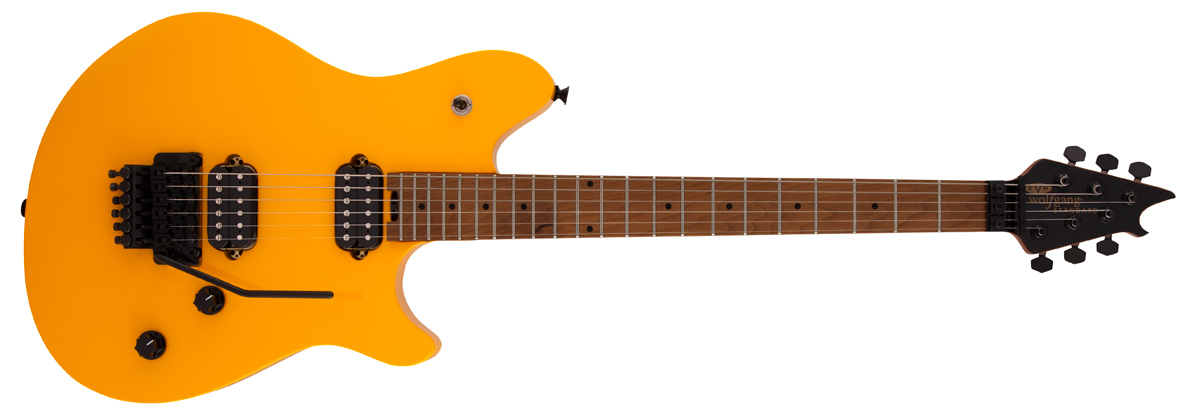
EVH 5150III 15W LBXII head and 5150 III 1x12 cabinet
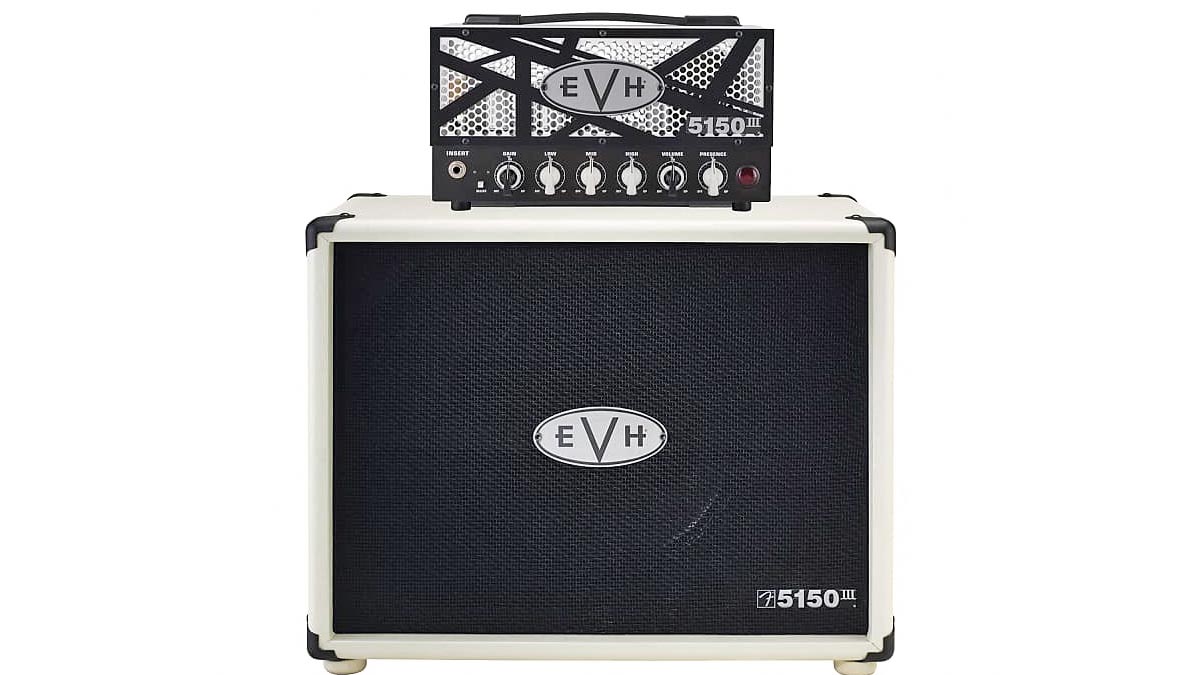
MXR CSP-026 '74 Vintage Phase 90
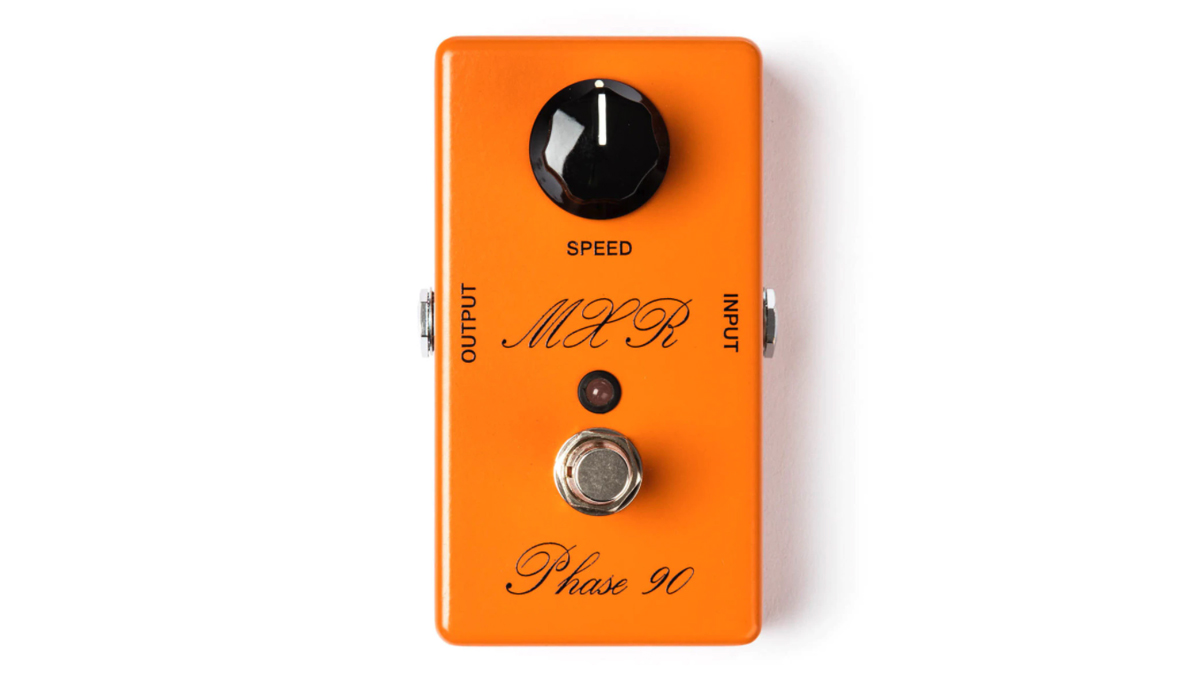
TONE TIP: Use the LBX head’s Blue “Crunch” channel at full power with the volume control at 10. Don’t turn the Gain control past 5 to maintain crisp, metallic string clarity and uncompressed, responsive dynamics.
Chris is the co-author of Eruption - Conversations with Eddie Van Halen. He is a 40-year music industry veteran who started at Boardwalk Entertainment (Joan Jett, Night Ranger) and Roland US before becoming a guitar journalist in 1991. He has interviewed more than 600 artists, written more than 1,400 product reviews and contributed to Jeff Beck’s Beck 01: Hot Rods and Rock & Roll and Eric Clapton’s Six String Stories.
